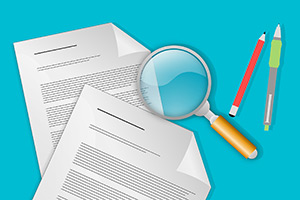My Comedy Career: Steve Doherty
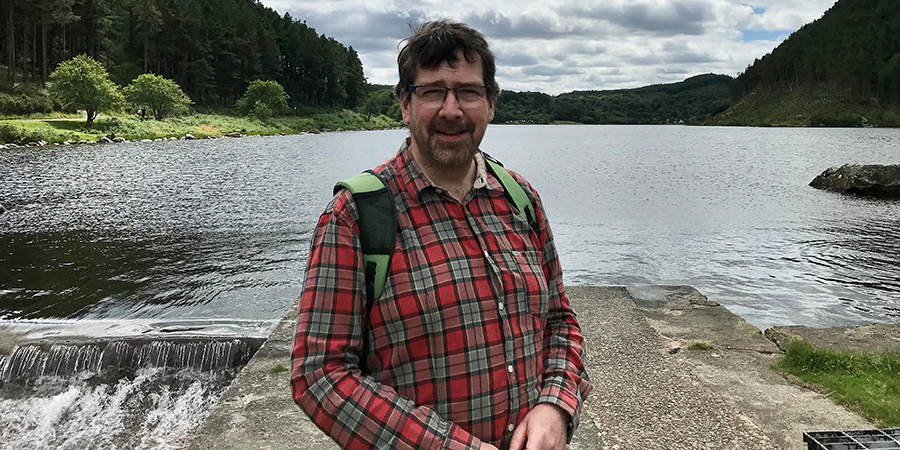
Steve Doherty is one of the most experienced comedy producers working in radio. Nowadays he's based in north Wales, running Giddy Goat Productions. We find out more about his career highlights and lowlights below, getting some great tips along the way.
Tell us what you do in your job.
I'm (mostly) a radio comedy producer. Which mostly means providing programmes for BBC Radio 4.
We're not supposed to call it 'radio' anymore. Or programmes. The marketing people prefer 'audio' and 'content' because that sounds cooler. I can live with either.
I run a small ('boutique', see: audio) production company - Giddy Goat - so I also work with some other freelance producers from time to time, which I like a lot. We mostly make audio but have done live events and TV development. Like most people in this industry I get up to all sorts.
The producer's job is to see a project through from conception to delivery and my radio work mostly revolves around writers and performers. Giddy Goat's leading programmes are Meet David Sedaris [comic monologues from the American essayist], Between Ourselves With Marian Keyes [stories and conversation in the company of the Irish writer and her friend, comedian Tara Flynn]; Prepper by Caroline Moran [two women prepare for the end of the world and make a podcast about it: winner Best Radio Comedy at the 2020 WGGB Awards]; Woof [true life stories from comedian Chris Neill, brought to life on stage alongside Martin Hyder and Isy Suttie] and Nick Revell: BrokenDreamCatcher [magic realism-meets-comedy from UK stand-up legend].
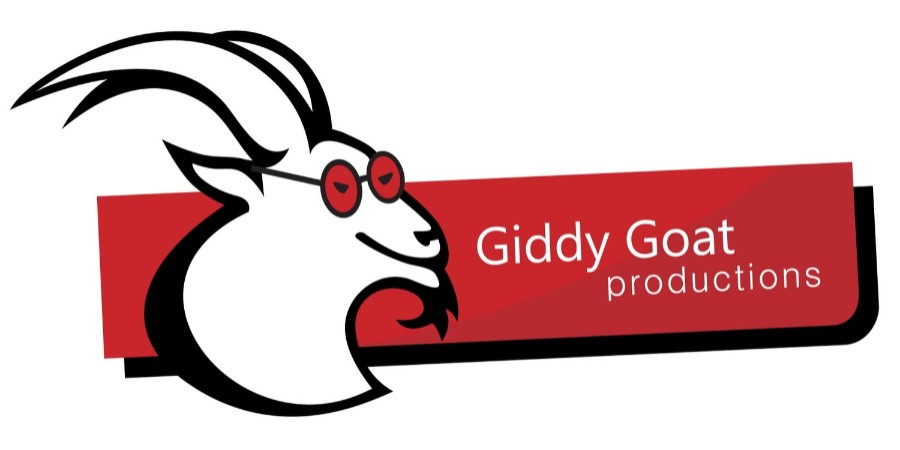
The single greatest misconception when you tell people who don't work anywhere near your profession that you're a producer is that they assume you're a writer (some producers do write, but not that many are that talented!). I see writing and producing as two distinct but complimentary talents. It's only when a producer and a writer understand each other's roles that the good stuff happens.
How did you first get involved in the comedy industry?
I was lucky enough to be one of four get picked (out of around 5000 applicants) to be a trainee producer in BBC Radio Comedy in the mid-1990s. Having been a comedy fan for as long as I could remember, then a radio obsessive as a teenager, it was the only job in the world that brought both passions together.
It was an extraordinary privilege to work in the department that brought to the world everything from The Goons to Hitchhiker's to On The Hour and John Shuttleworth - and so many THOUSANDS of other shows which led and reflected the comedy tastes of a nation. It was something of a 'sink or swim' environment where I really felt at home for the nearly 10 years that I worked there before my period in TV entertainment.
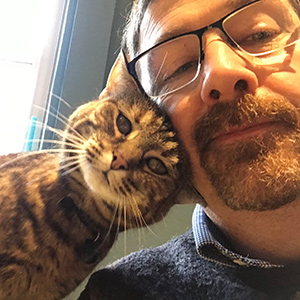
What key skills do you need to be able to do your job well?
Patience; positivity; perseverance. Words beginning with other letters too. Imagination, I think is pretty vital - 'seeing' a programme from a few words on a piece of paper (or its digital equivalent).
What has been your biggest career achievement to date?
I've been at this for 25 years now, and it's a bit of a cliché but every time you finish a programme it feels like your greatest achievement to date. I think the minute it doesn't feel like that is the time to stop.
There have been 'bigger' moments than others, I suppose. In terms of 'profile' it was working on HIGNFY during the whole Angus business in the early 2000s. I learned that I don't ever want to be caught up in a huge tabloid firestorm ever again.
In terms of sheer bloody hours starring at a screen and worrying it'd ever be finished in time (and on budget), it was a film I made for BBC Four/BBC Two written by Mark Watson called A Child's Christmases In Wales. I learned that television is not worth losing sleep over. Even if it's really good in the end, which it was.
You never forget your first commission, though. I'd been assigned to various on-going shows like quizzes, sketch shows and panel shows on Radio 4. The first thing of my own initiation that got commissioned was a one-off, 10-minute show by a then unknown American called David Sedaris. I think I learned that you really can feel quality and talent 'sing' off a page and you can convince others to take a risk on something new.
And what has been the biggest challenge/disappointment?
On a personal level, the biggest challenge was being made redundant from a 'staff' job (as opposed to being freelance, which is totally different) at a big independent company when the 2008 recession hit. In the end, you're just a number on an accountant's spreadsheet.
I overcame that by trying to weigh up exactly what doing this job, or one very like it, meant to me and if it was worth taking the gamble of setting out on my own. As it turns out - it was. I'm much happier running things my own way than I was working for another company or for a huge bureaucracy like the BBC... but I'm not sure I could have had one without either of the others.
On a more work-a-day level, having ideas that you really believe in rejected by commissioners and/or other authorities is frustrating, but it's all part of the creative process. Take the punch then, as the late Roy Hudd used to often say (usually in relation to a gag not working, but it applies across the board) "you pull up your knickers and box on". Put the idea in a bottom drawer and pull it out again in 6 months - or six years - if it still sings off the page, give it another go. We've all got ideas that we know are going to work... one day!
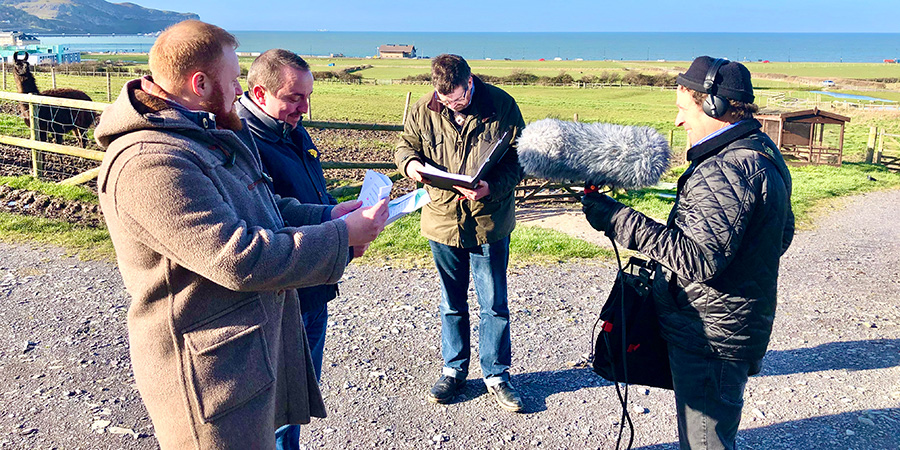
Talk us through a typical day.
When you see it written down, being a producer can seem astonishingly dull. It's not all lunches and executive decisions. In fact, it's pretty rarely either. It's mostly admin.
A good day can involve getting a new draft of a script from a writer and giving notes back. That's fun. You're being given material by someone who trusts your judgement (vital) and which has already been hard wrought and worried over... and trying to make it better by asking questions and making suggestions. It's never (or very rarely!) a right/wrong scenario - it's a process which should allow something better to emerge, over time. Then late lunch with Stephen Fry, drinks with darling Jo Lumley and catch the late show at The Store (I made the last bit up).
Tell us a trick/secret/resource that you use to make your job quicker/easier.
Learning to say 'no'. Usually politely. Usually with good reason.
Saying 'yes' is the upside of creativity. The thing is, saying 'yes' to stuff that you can't feel working 'in your bones' usually means creating work for yourself and others that's just going to go nowhere. There's enough REALLY EXCELLENT work that goes to waste in this business, as it is.
I have learned how not to exceed my quota. A lot of people say 'yes' to stuff they don't believe in because they haven't got the conviction to say no.
Having stuff turned down is horrible. I know that. I don't enjoy doing it but it has to be done.

If you could change one thing about the comedy industry, what would it be?
One thing? In the whole industry? There must be 100 things. Opportunities, fairness, representation, finances ... where do you begin?
From a purely personal point of view: the London-centric nature of commissioning - in all media. They try, but they just can't get their heads out of a London mind-set. And I REALLY like London ... there's just a lot more to the UK than that city.
What tips would you give for anyone looking to work in your area of the industry?
Digital technology has lowered the barriers to entry (they're still there, just lower) and being able to make stuff yourself and demonstrate your passion/ideas/creativity is more possible than ever... that can help show someone just what you can do. The thing is, a lot of this job isn't technical. I like editing stuff... but there are just as many producers who never get near editing software or the dirty end of a microphone.
When I started as a producer we were all looking for 'the next big thing'. That's the one aspect of the industry that hasn't changed one tiny bit. If you want to get a head start in the industry find 'the next big thing'... and be sure to let me know when you've found it. Till then, just keep looking.

